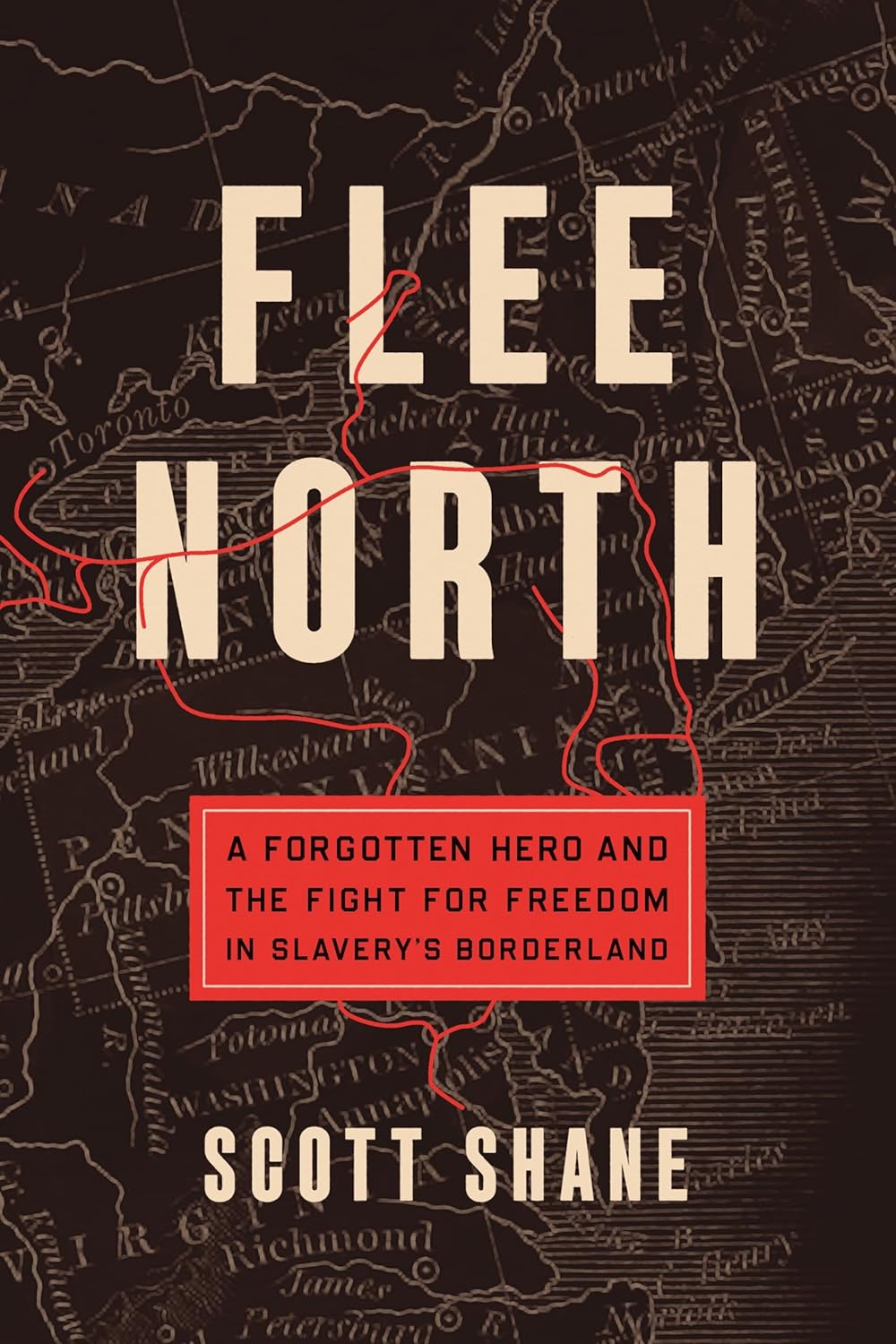Summary | Excerpt | Reviews | Beyond the Book | Readalikes | Genres & Themes | Author Bio

A Forgotten Hero and the Fight for Freedom in Slavery's Borderland
by Scott Shane
We know, for example, that from early childhood Smallwood lived with the Fergusons in Bladensburg, a modest river town about six miles northeast of the U.S. Capitol. In the early nineteenth century, Bladensburg was a significant port on what was then called the Eastern Branch of the Potomac River—today the Anacostia River. But by the time Smallwood was a teenager it had become clogged with silt and lost business to the wharves downriver in Washington, where he and his owner would eventually move. A momentous event when Thomas was thirteen, old enough to be paying attention, was the Battle of Bladensburg in the War of 1812. British troops overwhelmed a poorly organized American militia in August 1814, swept across the bridge over the Eastern Branch, and marched to the heart of the capital, where they famously burned the presidential mansion, later called the White House. The Americans' helter-skelter retreat was memorialized in newspaper sarcasm as the "Bladensburg Races."
One striking element of the invasion surely reached young Thomas Smallwood by word of mouth: fighting with the British force under Major General Robert Ross in Bladensburg and Washington were units of the Corps of Colonial Marines, composed of Black troops recruited from among thousands of enslaved Americans who had responded to a British promise of freedom for those who joined their fight. Men who looked like him were dressed in splendid uniforms, armed with muskets and swords—and marching to victory. In addition to those who had joined the Colonial Marines, hundreds of African Americans who had fled slavery in the Chesapeake region tagged along with British forces to avoid reenslavement.
"A great number of negroes, delighted at the unhoped-for freedom our expedition had placed within their reach, followed the army," one British officer recalled, declaring that some of the enslaved who joined the invaders "possessed infinitely more sense and judgment than their late owners gave them credit for." Some of the Black men who fought for the British, like others who had joined the British side in the American Revolution, were subsequently given land grants in the British colonial territory of Canada, homesteading there years in advance of the thousands who would flee American slavery and settle there in the ensuing decades.
Three weeks after the rout at Bladensburg, a Washington lawyer named Francis Scott Key, watching from a ship off Baltimore as the British bombarded Fort McHenry, penned the poem that would become the national anthem. Few Americans know that its rarely sung third stanza appears to denigrate those who fled enslavement by crossing over to the British side: "No refuge could save the hireling and slave / From the terror of flight or the gloom of the grave." But the villains of Key's rhyme may have been heroes to an impressionable young Black man. Such were some of the complex contradictions of freedom and bondage, loyalty to country or to principle, that might have reached the young Smallwood, who would himself, much later, acclaim and enjoy liberty on Canadian soil.
The fact that hundreds of his neighbors were willing to abandon their homes to fight or flee with an enemy army must have left an impression. By his teenage years, Smallwood would have had a visceral understanding of the cruelty, violence, and bedrock unfairness of slavery—if not always from his own experience, then from the experience of those around him. Just a year after the Battle of Bladensburg came a horrifying episode that would become an oft-cited example of slavery's particular atrocities. An enslaved woman from Bladensburg named Anna Williams, twenty-four, was sold to a slave trader and locked with her two children in a room above a tavern on F Street in Washington. They had been forcibly taken away from her husband, whom their owner happened not to want to sell at the time. Frantic with despair, Williams threw herself out the window and landed in the street below, breaking her back and both arms.
Copyright © 2023 by Scott Shane
Your guide toexceptional books
BookBrowse seeks out and recommends the best in contemporary fiction and nonfiction—books that not only engage and entertain but also deepen our understanding of ourselves and the world around us.